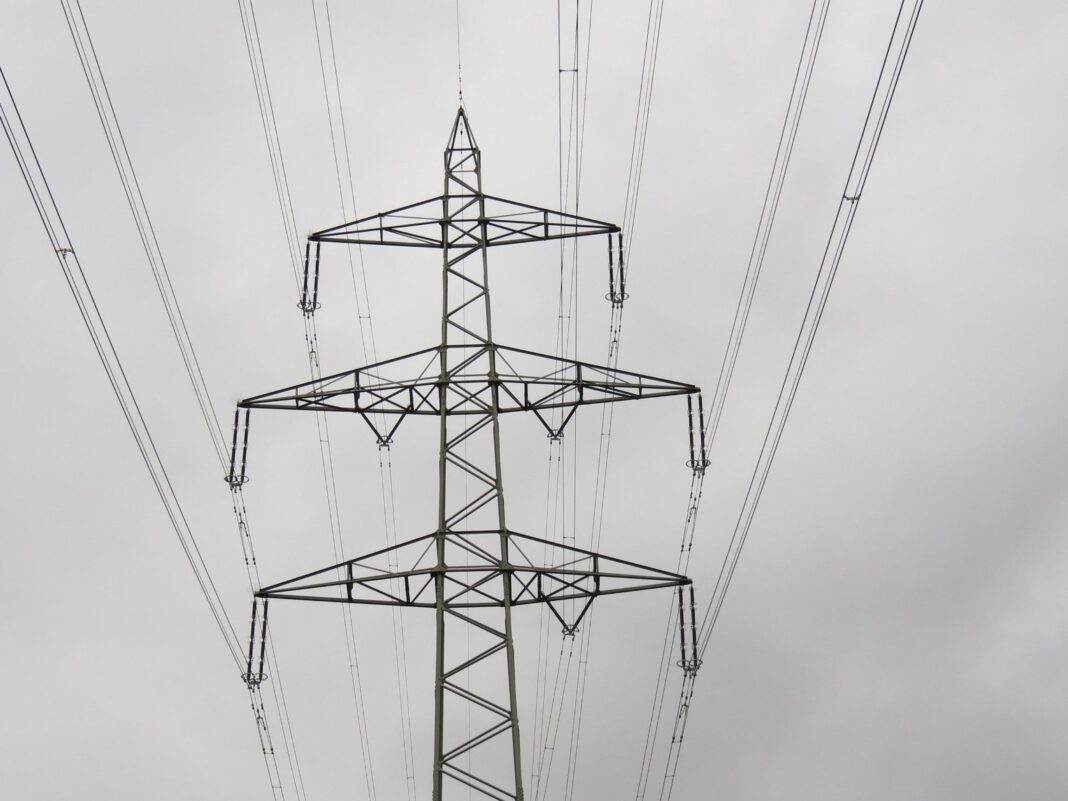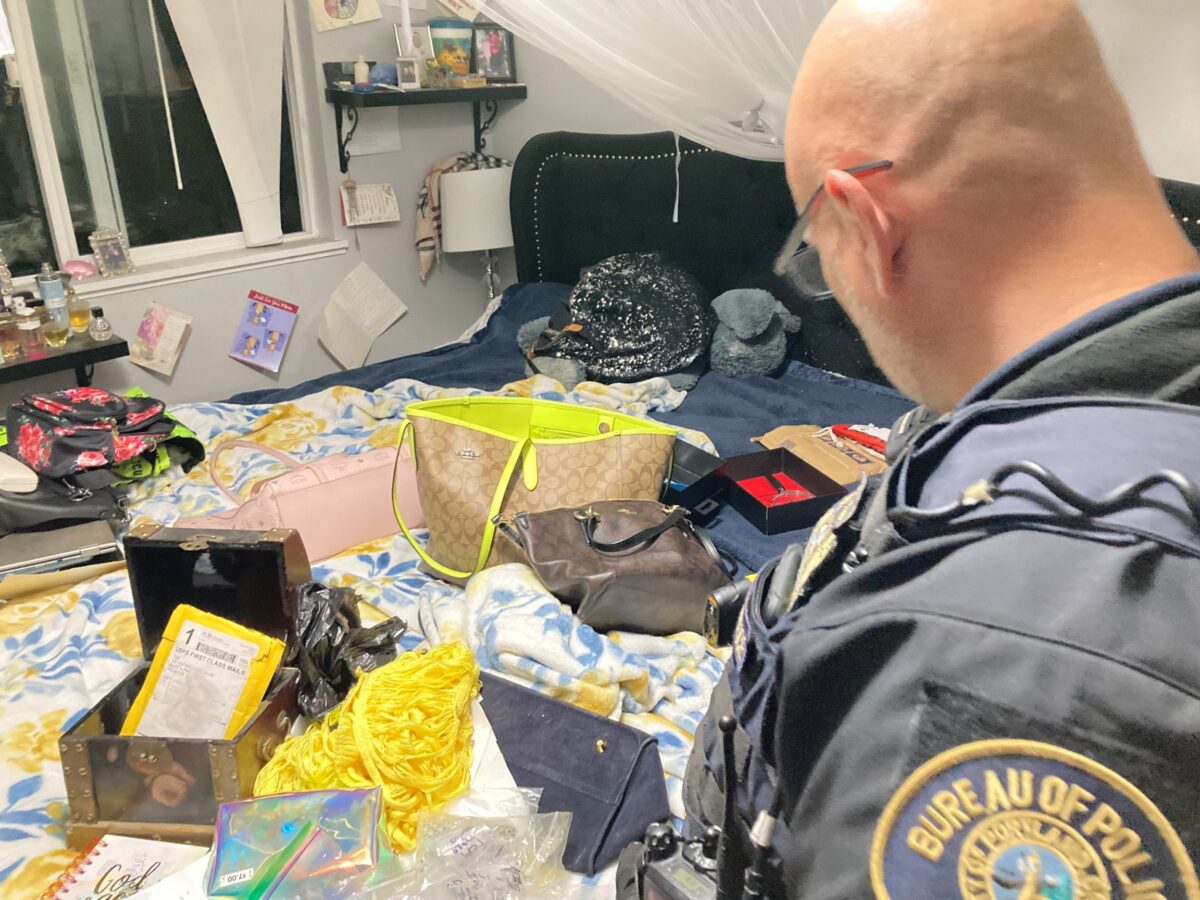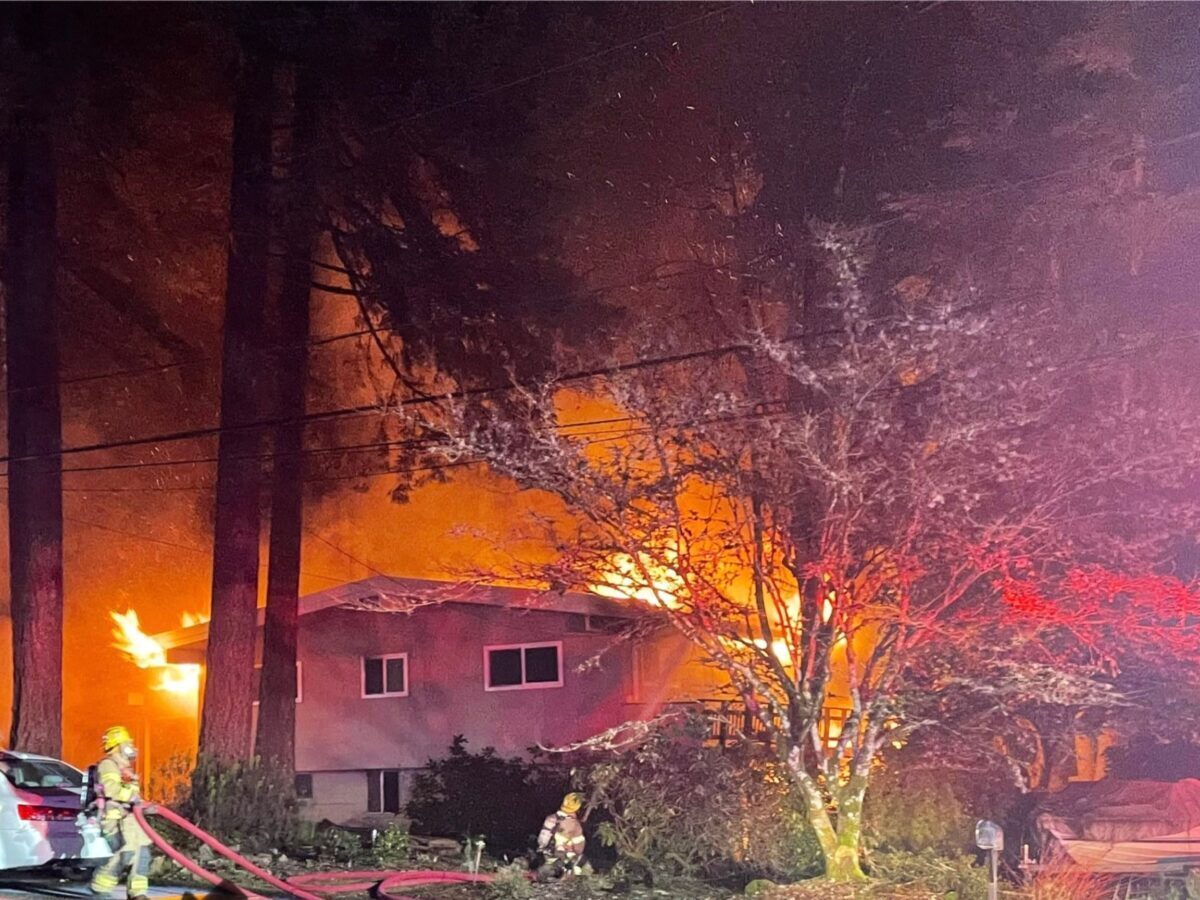In preparation for potentially record-breaking heat that puts extra strain on electrical equipment, PGE encourages customers to safely conserve power to help service reliability during times when demand is high.
Summer power use typically peaks between 5 and 10 p.m. During these periods, PGE urges residential customers to pitch in if possible:
- If you have air conditioning, use your thermostat to manage temperatures carefully.
- If temperatures cool down enough for comfort, consider turning the AC off at night and opening windows (if you can do so safely) to cool with outside air.
- During daytime hours, run the AC only when you’re at home and keep daytime temperatures at the highest comfortable level. Cool only rooms lived in.
- Avoid using large electrical appliances like ovens, dishwashers and washing machines during peak morning and evening periods.
- If you charge an electric vehicle at home and are not enrolled in PGE’s Smart Charging program, consider setting your car to charge during off-peak hours.
- Turn off all unnecessary electrical equipment like home entertainment systems, computers, copiers and lights when not in use.
- Learn more energy saving tips at portlandgeneral.com/tips.
PGE employees are working diligently on several efforts to address or prevent potential heat-related issues and lower demand, including:
- Adding extra cooling systems to help keep essential distribution equipment from overheating.
- Assigning extra crews for the week to make sure we can quickly and effectively respond to any outages.
- Activating the Peak Time Rebate program.
- Encouraging commercial and industrial customers to reduce electricity use.
The high heat means that customers are using more electricity to cool their homes and businesses. High demand places extra stress on electrical equipment, and that can lead to power outages. That’s why it’s important to be prepared.
- Have your outage kit ready just in case.
- If you rely on electricity for your health and you are not yet a part of our medical certificate program, call us and we will enroll you.
- Think about food safety – making ice by freezing water in plastic bags so you can keep food cold should power go out, having thermometers in your fridge and freezer to monitor for safe temperatures and having foods on hand that don’t require cooking or cooling.














